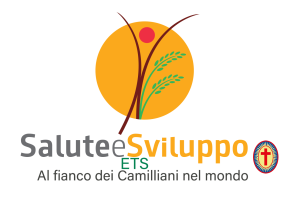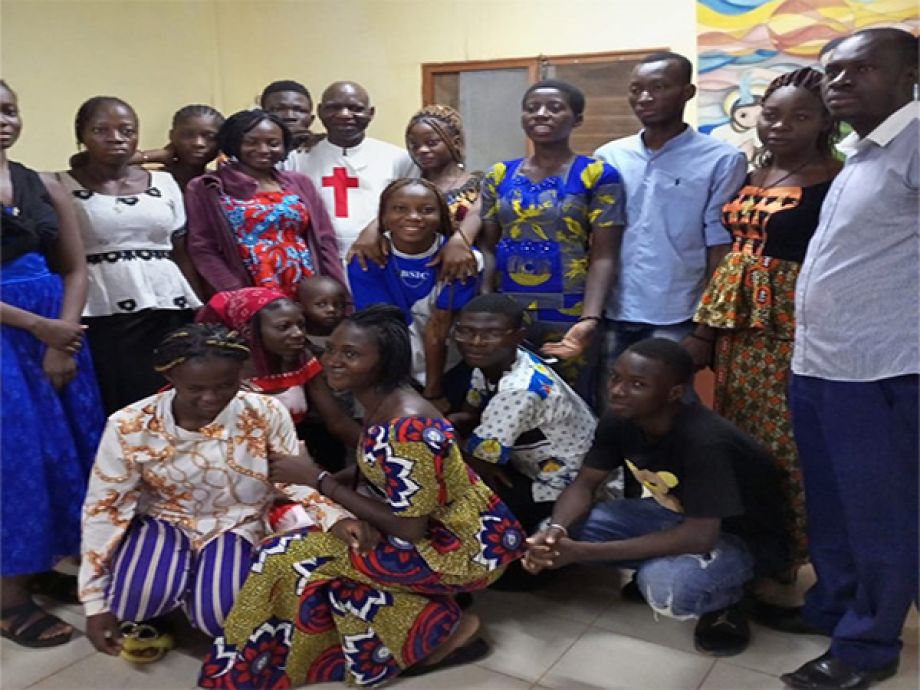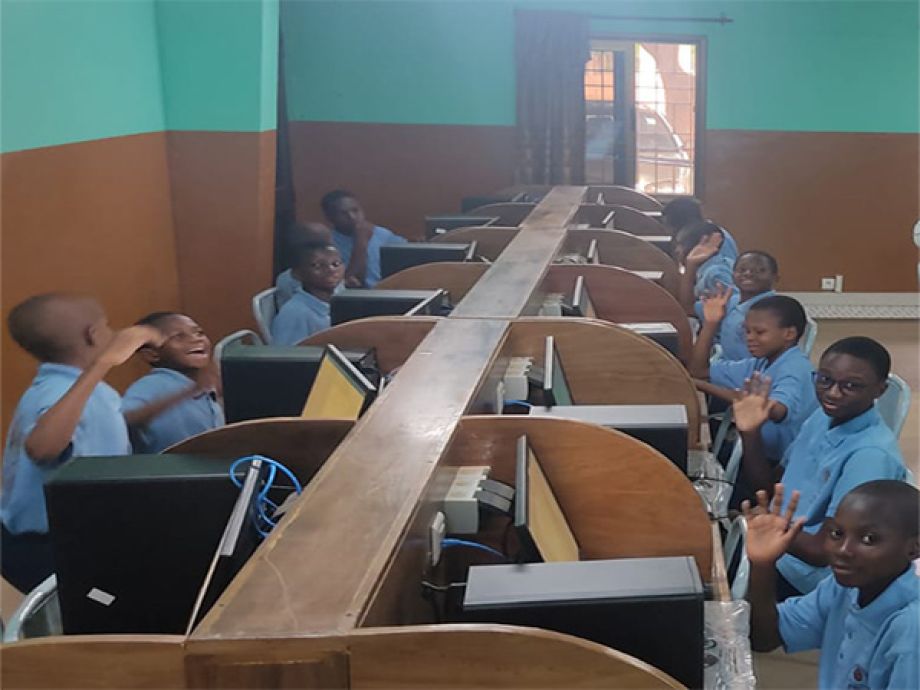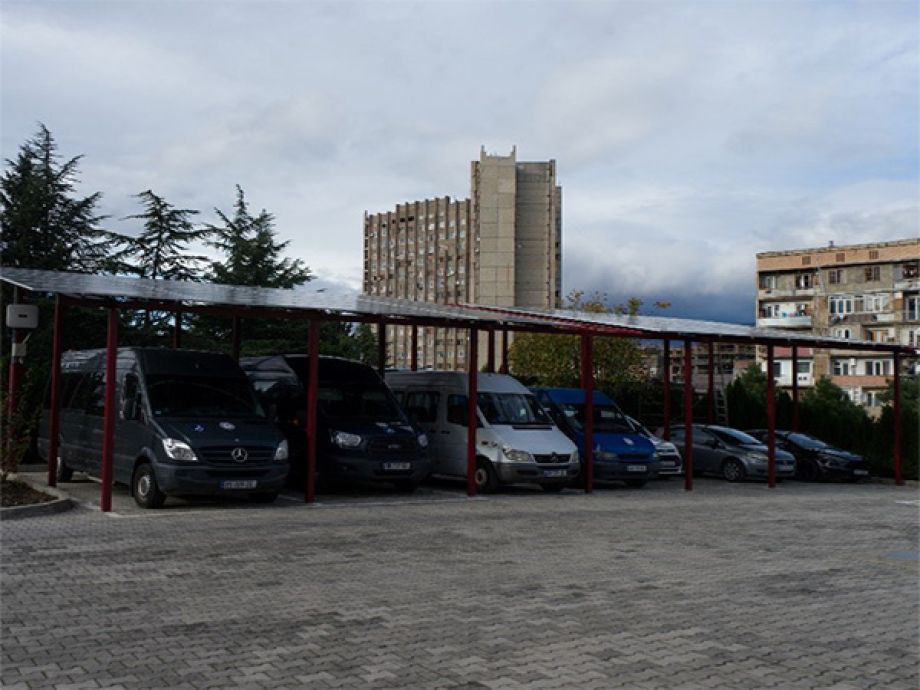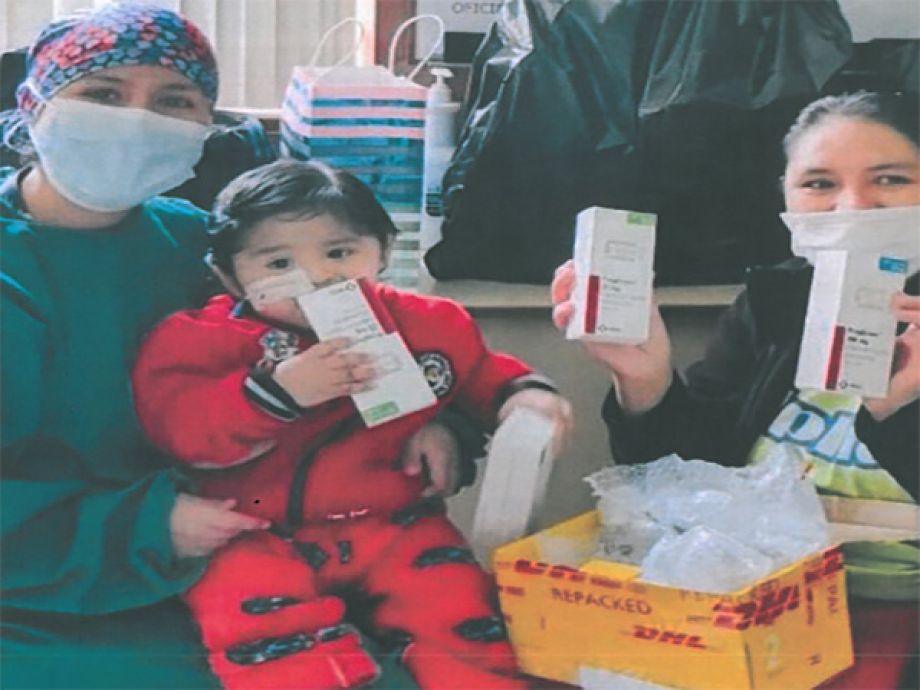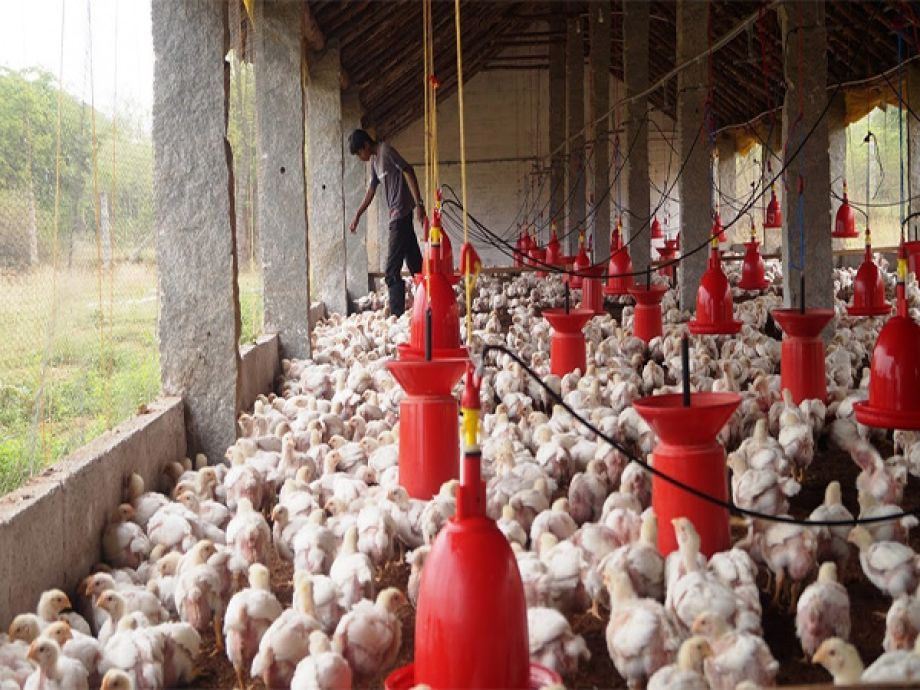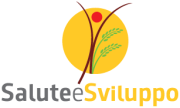The project “Towards the future of young people at Snehagram Centre Transition Programme for Independent Living’.thanks to the contribution of the Catholic Church, which earmarks part of the eight per thousand of the total IRPEF revenue for charitable interventions in favour of the Third World. We had already told you about this project that has kept us busy in India since 1 September 2018, aided by the Italian Episcopal Conference (CEI) and in collaboration with the Sneha Charitable Trust (SCT) association, to complete the education and training of no less than 70 HIV-positive girls and boys.
In India, HIV status still represents a stigma for society: all those with HIV/AIDS are shunned and placed on the margins of a society that still struggles to accept them. Most HIV-positive young people have often been orphaned by the very disease that afflicts them. In such cases, it is crucial to accommodate them in facilities that give them the possibility of not being alone and of building a decent future for themselves. The programme promoted by the association Sneha Charitable Trust is divided into several pathways, each of which is tailored to a specific age group: from a very young age, children are taken in, living in the community, having access to all necessary medical care and growing up in an educational and stimulating environment.

Snehagram is the last phase of the project and involves accompanying 18-24 year olds towards independent/semi-independent living. In order to achieve the goal, the initiative provides a housing solution for each of the young people and vocational paths suitable for enhancing their skills and entering the world of work.
For this reason, four ‘cluster houses’ were built. In each house lives a group of five or six young people, whose members have been trained to do different jobs according to their abilities, specifically: some are engaged in animal husbandry, others in agriculture, mechanics, plumbing, IT, photography, videography and tailoring. All training courses were chosen by the students according to their own inclinations, helped by a tutor.
After an initial phase in which the young people were able to train and decide for themselves the discipline in which they wanted to specialise, the project started a second phase in which all of them were able to carry out their chosen task in a professional manner and start earning an income.
Four barns were built and 25 cows and two bulls were purchased, as well as two milking machines to facilitate the work. The milk produced was sold to neighbouring dairies and all income went to the project boys.
It was poultry breeding also increased with excellent results: 10 batches of chickens were produced and sold on each of the four farms, the resulting profit went to the young people participating in the project who, already starting to receive an income, can gradually become more and more independent.

In the agricultural area, a total of four greenhouses and a pond were built to collect rainwater, which is used for irrigating the land. To improve this aspect, a reservoir and other facilities for storing open water were also provided, and a well was dug. Hydroponic cultivation was also started, with the purchase of materials for drip irrigation, specific tools, saplings for planting and fertile fertiliser.
Other boys dedicated themselves to making paper bags from old newspapers, which were then sold to neighbouring medicine shops. Each boy came to produce an average of 500 envelopes or 100 paper bags.
Finally, all those trained in mechanical, electronic and hydraulic systems were placed in various production and assembly companies in the area. Their housing also tries to respond as best as possible to the need to be close to the workplace, being located not near greenhouses and farms, but close to industrial areas.
The project has been very successful and now, at the end, the impact it has had on the lives of every single boy in Snehagram is tangible. They have been successfully launched into independent living: each of them has already started earning an income, being able to live in a house that is adequate for their health needs, and also close to their working environment.
The project should have been finished earlier, but the Covid- 19 pandemic slowed down the work. India was hit hard and even the Snehagram centre was not spared, most of its occupants fell ill and planned activities did not continue as planned. At the end of the pandemic emergency there were no further hiccups and the project continued as planned.
We are happy to have been able to help the young people of Snehagram who, in the absence of the centre founded by the Sneha Charitable Trust, would have been forced into a life on the margins of society, with no chance of employment.


